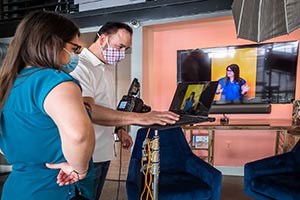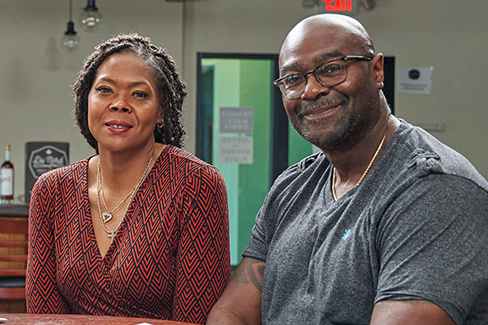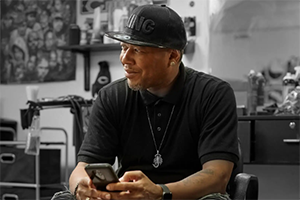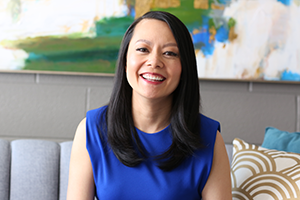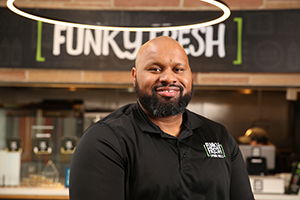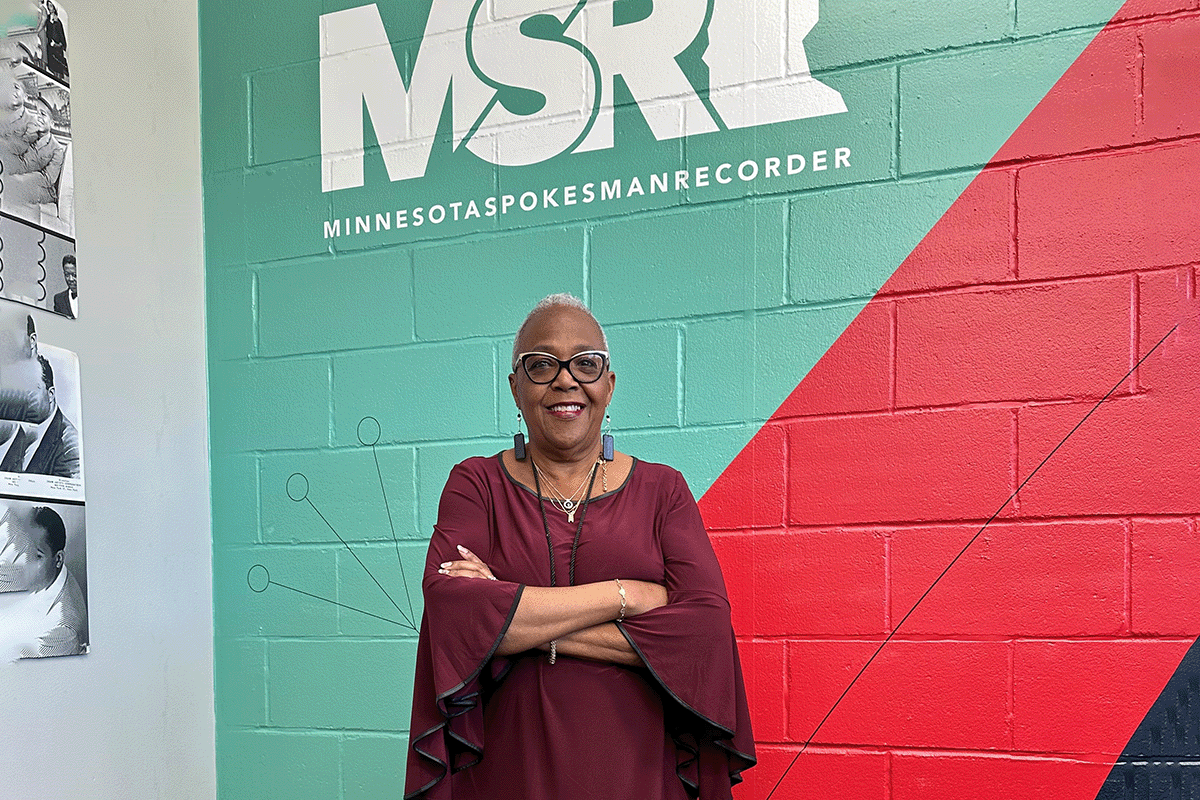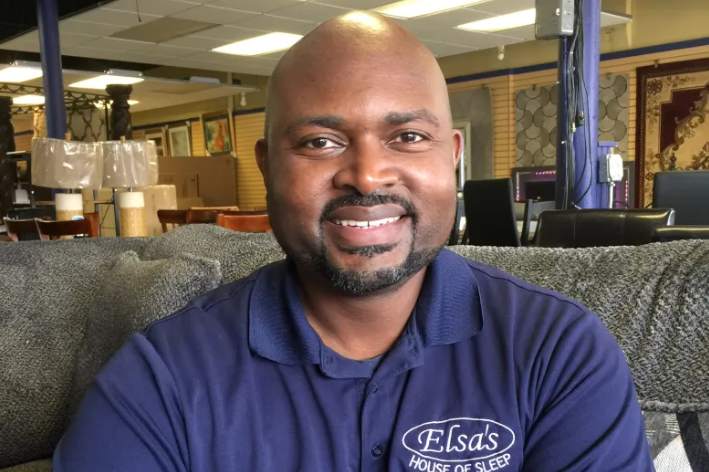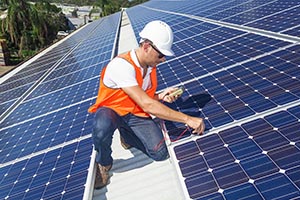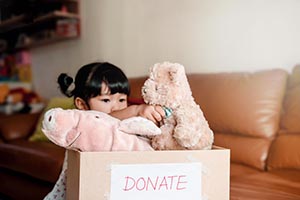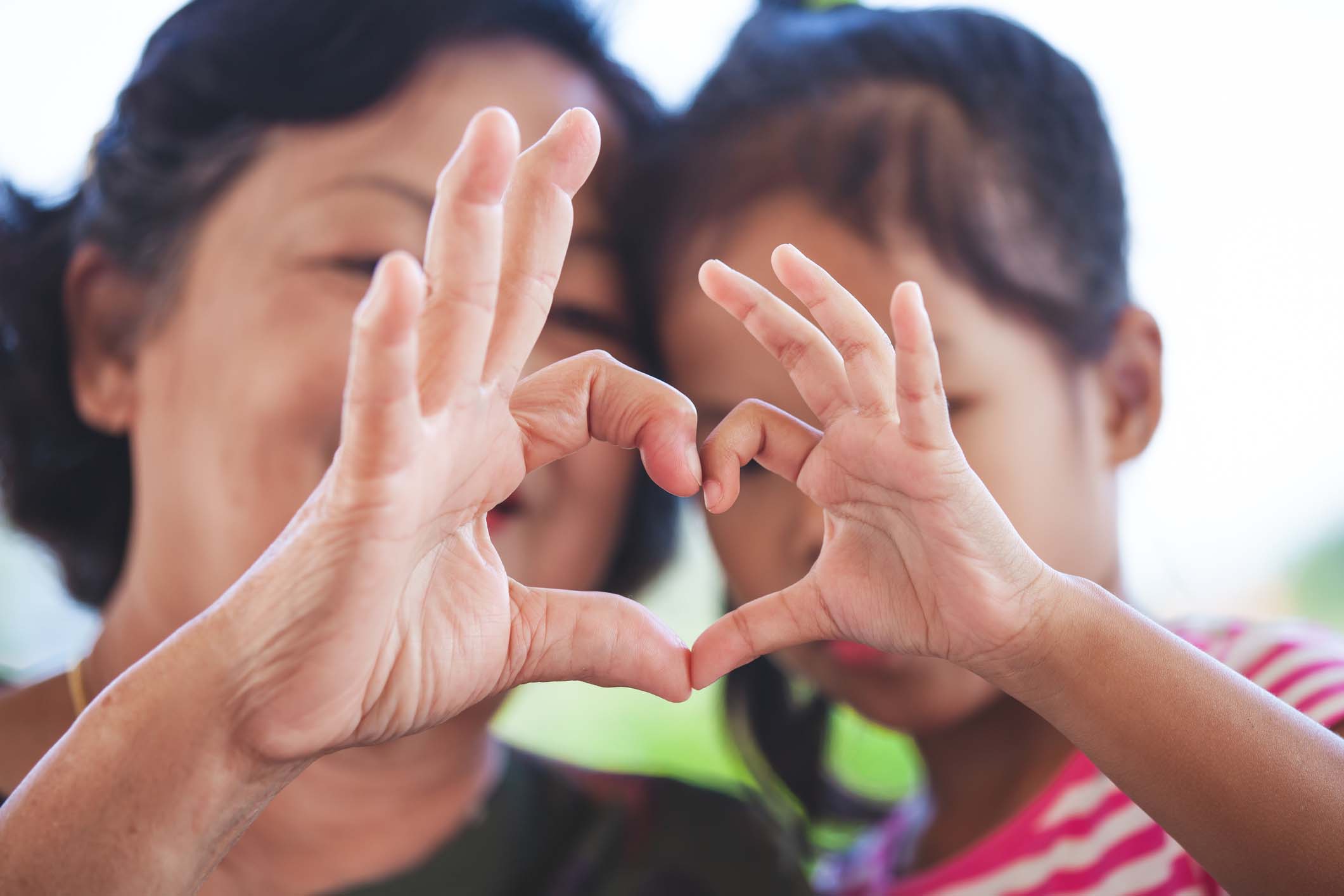With a unique supply chain that has both human and environmental impact, these organizations are working together to help keep plastic out of oceans, one debit card at a time.
It’s a Tuesday in Haiti, and a woman is heading out to do her work for the day. In a place where poverty is widespread and job opportunities can be scarce, she makes a living by collecting plastic waste to be recycled and eventually turned into new products that’ll be used all over the world – products like laptops and printer cartridges. Some of the plastic she’s collecting is going to be incorporated into a debit card that’ll eventually end up in someone’s wallet in the United States.
While she’s working, her children attend school and then participate in an afterschool program where they get additional educational support.
The woman’s income from collecting this plastic and her children’s ability to attend the afterschool program were made possible through the work of First Mile, an organization that has built on-the-ground infrastructure in Haiti to create a responsible and sustainable supply chain by diverting and recycling plastic waste that would otherwise be headed to the Caribbean Sea.
First Mile began the work of building its Haiti supply chain ten years ago, with an eye toward doing so in a way that created both human and environmental impact. With financial support from its partner brands, First Mile also reinvests in the economic success of these Haitian communities through its nonprofit organization, WORK. WORK supports initiatives like youth education programs and micro loans for entrepreneurs.
The process has allowed First Mile and its brands to accompany waste collectors from these communities and their families out of poverty through dignified jobs.
The Second Wave® card
One of First Mile’s impact partners is CPI Card Group®, a manufacturer of credit, debit and prepaid cards. CPI uses recovered ocean-bound plastic within the core of Second Wave® payment cards. This plastic material is sourced from Haiti through First Mile’s supply chain.
Earlier this year, U.S. Bank began issuing the Second Wave card to its customers with the launch of its first eco-friendly U.S. Bank Visa® Debit Card. U.S. Bank was one of the first banks to issue the Second Wave card, giving its customers a simple way to become a part of the solution to millions of metric tons of plastic that enter the oceans every year.

Once it enters the ocean, plastic can remain there for hundreds of years, contaminating seawater, entangling animals and damaging fragile coral reefs.
Though an individual debit card is relatively small in size, the impact of using cards made with recovered ocean-bound plastic really does add up. CPI estimates that more than 1 ton of plastic is diverted from the ocean for every 1 million Second Wave cards the company produces.
Reducing environmental impact is becoming a bigger priority for consumers and workers, and that means companies are responding accordingly by looking for new ways to do business in a more environmentally sustainable way.
Though the cost to financial institutions issuing the Second Wave card is a bit higher than what it would cost to produce a traditional plastic card, more fintechs and banks like U.S. Bank are looking to move toward a more responsible plastic card, said Brian Kellogg, Senior VP of Sales at IC Group, a reseller of CPI’s products and services.
“We’re having more and more conversations where banks are interested in learning more about the Second Wave card because their customers are looking for more sustainable options too,” he added.
He says CPI and IC Group also appreciate that the work First Mile is doing isn’t just about diverting plastic waste from the ocean. There’s also a meaningful human impact within Haitian communities.
Every Second Wave card issued financially supports more of First Mile’s work on the ground in Haiti. These dollars are used to fund WORK projects that have helped to keep kids in school, helped Haitian families make home improvements to prepare for hurricane season, and supported Haitians’ COVID-19 response efforts through interventions like preventative efforts that supported families’ ability to shelter in place, capacity for isolation, and access to COVID-19 treatment.
Read more stories about the people and organizations that are doing great things to create change in their communities.






